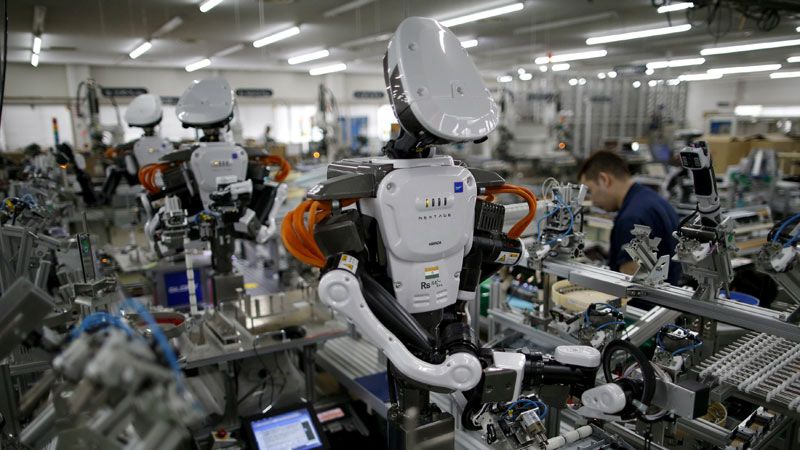Plastic pollution is something everyone should not be aware of. In the news, a lot of focus has been on the plastic pollution created by the fashion and food industry, but sometimes it seems like the toy industry is getting a pass. If you think about it, the majority of children’s toys are made of plastic. According to Plastics, 90 per cent of all toys on the market are made of plastic, which is a ridiculous amount of plastic. So where do the discarded toys, that do not end up charity shops, end up? Plastic toys are becoming a substantial environmental problem, especially as quite a few can be found living in their new home, the rubbish dump.
Raising sustainability-conscious kids is not easy, so why are companies not making it easier for parents? Well, a few small startups have been leading the movement by embracing circular economy principles. They are focusing on locally making toys from recycled straw, sawdust and plastic milk bottles, but I do wonder whether their efforts to create a sustainable toy market will lead to large mass producers like Hasbro. I am optimistic and believe it is possible. My optimism strengthened when I heard that Danish toy company Lego has begun the production of a new line of sustainable Lego accessories made from plant-based polyethene derived from sugarcane ethanol, as opposed to the polyethene from oil.
“The investment announced is a testament to our continued ambition to leave a positive impact on the planet, which future generations will inherit.”







